EVACUATE EARLY
A landslide is rocks, earth, or other materials moving down a slope. A mudflow is a landslide that is combined with up to 60 percent water.Landslides cause 25–50 deaths and more than a billion dollars in damage each year.
PREPARE NOW
-
Know the landslide risk in your area. Contact officials for information on local landslide hazards.
-
Ask whether there is a landslide map of your area or how to get your property checked.
-
Learn about the types and signs of landslides common in your area.
-
Sign up for your community’s warning system. The Emergency Alert System (EAS) and National Oceanic and Atmospheric Administration (NOAA) Weather Radio also provide emergency alerts.
-
Know your community’s landslide evacuation plans. Practice driving evacuation routes and identify shelter locations.
-
Gather supplies in case you have to leave immediately or if services are cut off. Keep in mind each person’s specific needs, including medication. Do not forget the needs of pets.
-
Avoid building in areas at risk for a landslide, such as steep slopes or property close to cliffs, or near drainage ways or streams.
-
Plant ground cover and build walls to direct the mudflow around buildings.
-
Keep important documents in a safe place. Create password-protected digital copies.
SURVIVE DURING
-
Monitor the area for signs of potential slide activity. These can include cracks or bulges in the ground, street pavement, or sidewalks; soil moving away from foundations; tilting of patios or foundations; broken water lines; or leaning telephone poles, trees, walls, or fences.
-
Evacuate an area immediately after authorities tell you to. Signs of a landslide may not be visible, but the danger still exists.
-
Watch for flooding. Floods sometimes follow landslides because they may be started by the same event.
-
Listen to EAS, NOAA Weather Radio, or local alerting systems for current emergency information and instructions.
BE SAFE AFTER
-
Listen to authorities to find out if it is safe to return.
-
Save phone calls for emergencies. Phone systems are often down or busy after a disaster. Use text messages or social media to communicate with family and friends.
-
Stay away from downed power lines and report them immediately.
FOR ALL EMERGENCIES: CORAC runs a HAM radio net and Signal groups. If communication goes out for any length of time, meet outside your local Church at 9 a.m. on Saturday mornings if it is safe to do so. Tell friends at Church now in case you can’t then. CORAC teams will be out looking for people to gather in and work with.



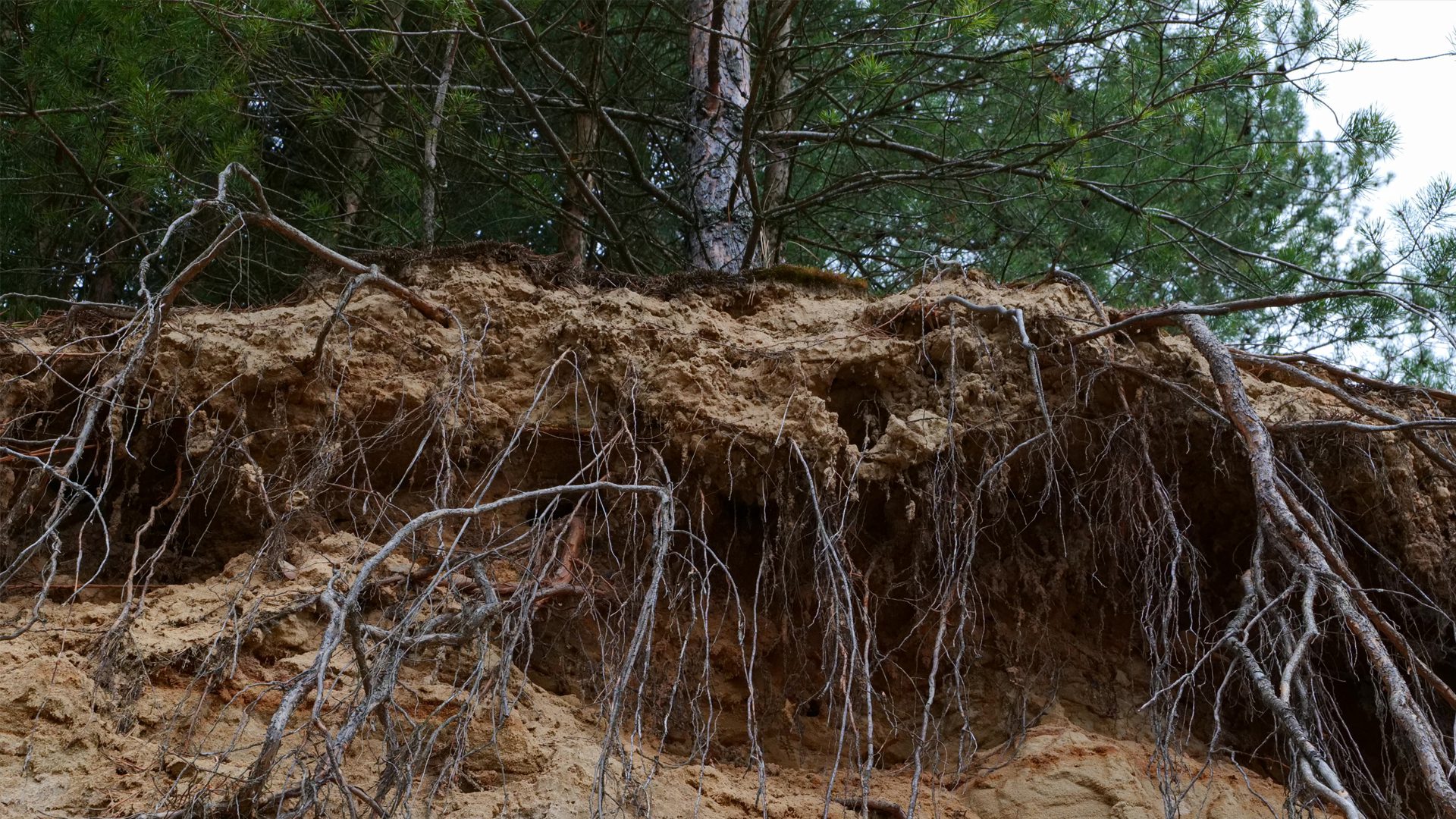





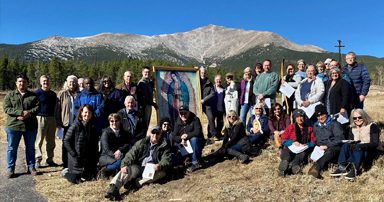
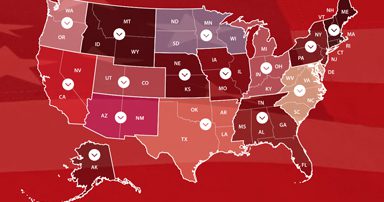

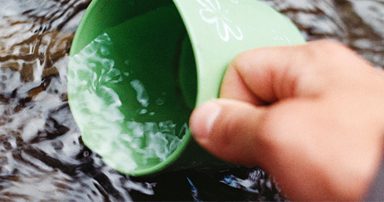


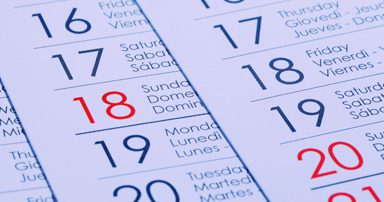






0 Comments